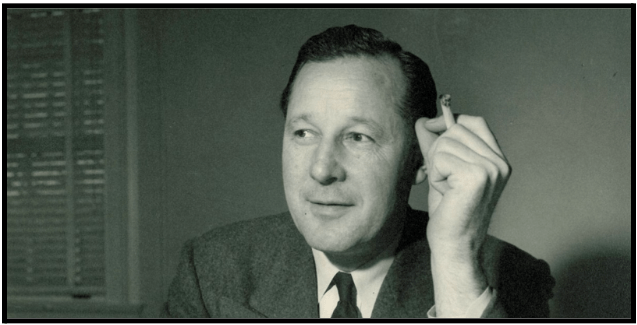Talking Big Ideas.
“I do not sit in the seat of judgment . . .
I love people for who they are. We’re all God’s children!”
~ Dolly Parton
What’s it like to be a bat?
A half century ago, a philosopher posed this simple question. It exploded throughout academia worldwide. Today we can use it to better engage with those around us.
It’s Tuesday afternoon, and we are sitting on the summit of Intersection Rock in Joshua Tree National Park — an iconic spot in American climbing. Jeff is here, one of my closest friends and mentors. He drove out from Austin to pitch a tent in the remote desert where Maryrose and I are staying. The three of us have been climbing all day and enjoying good conversation.
“What’s it like to be a bat?” Jeff asks us.
Maryrose and I look at each other and consider the question. After a couple silly answers, we begin to realize the point. Bats are a lot different from us. Including their experiences and consciousness. We can make guesses and run computer simulations, but it may be impossible for us to really know what it is like to be a bat.
What about people?
How often do we truly know what life is like for other people? With serious effort and bonding we can come to intimately understand the closest people in our lives. But what about everyone we don’t know? All the people with completely different experiences and cultures?
We are wired to divide people into two groups: our tribe and everyone else. For our tribe, we default to being kind and understanding. For everyone else, we default to being detached and judgmental.
Be honest. When it comes to people vastly different from you, how often do you truly focus on being kind and understanding?
This is where the real power of the philosopher’s question lies: in considering those who are different from us. What’s it really like to be them? The ones who voted for the other political candidate? The billions who worship a different God? The various protesters that took to the streets this past year? The homeless drifters sauntering about the BLM land near our bus right now?
Which leads us to the insight. We don’t have to understand other people’s actions or opinions to respect them as individuals.
“We can be genuinely happy when we stop focusing on what makes people different from us and recognize it’s just the human predicament to have differences we don’t always understand,” Jeff added. “So we can instead just relax and be compassionate and forgiving.”
Communication is premised on understanding. We want others to understand us, and we seek to understand them. And when we fail to reach this understanding?
There will always be an opening for respect.
***
![]() IDEA
IDEA
We can choose to respect people without understanding them.
Before our challenge next week, find a stranger who is different from you. Offer them the kindness you would normally reserve for a loved one.
***
As we relaxed together on a sunny belay ledge halfway up Intersection Rock, we took a quick picture to capture the moment. Jeff shared a story from when he worked in a Canadian factory during the early 90s, which drove home just how different the worlds were that we each grew up in. We laughed and continued on our way.
If you haven’t had a chance, I’d love for you to fill out this quick survey. I appreciate your feedback!
If you find this useful, please subscribe to our free weekly newsletter.




